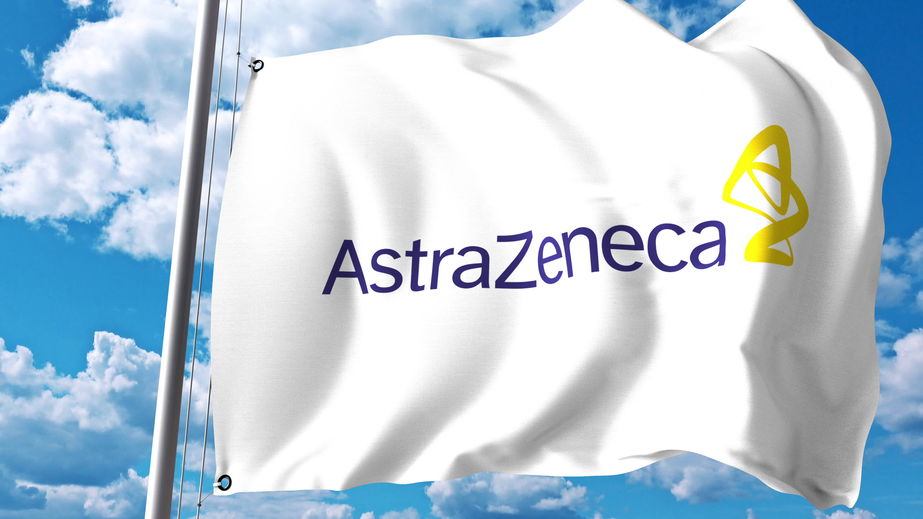
AZ checkpoint blocker combo fails in head and neck cancer
British drugmaker AstraZeneca (AZ) has missed another opportunity to secure a share in the lucrative immunoncology market: a Phase III trial combining durvalumab with tremelimumab missed the survival endpoint.
It’s another setback for combinations of checkpoint inhibitors as treatments of cancer; following a recent failure of a combo of AstraZeneca’s PD-L1 blocker durvalumab plus CTLA4 inhibitor tremelimumab in lung cancer (NSCLC), the company announced on Friday that the combo also did not meet the overall survival (OS) endpoint of a Phase III study in patients with squamous cell carcinoma of head and neck vs standard chemotherapy.
736 Patients progressing after platinum-based chemotherapy received either durvalumab in combination with tremelimumab or standard of care chemotherapy. However, neither durvalumab monotherapy nor the combination therapy improved overall survival significantly vs chemotherapy. Further details were not yet disclosed by AZ. AZ licenced tremelimumab from Pfizer in 2011.
In contrast to Bristol Myers Squibb, who reported improvements through combining its anti-PD1-antibody nivolumab with its anti-CTLA4-mAb ipilimumab in melanoma, renal cell carcinoma and metastatic colorectal cancer, AZ couldn’t reproduce the success probably due to tremelimumab. Before handing over the mAB to AZ, Pfizer had discontinued development of tremelimumab development in melanoma because monotherapy provided no OS benefrit



 Sartorius AG
Sartorius AG